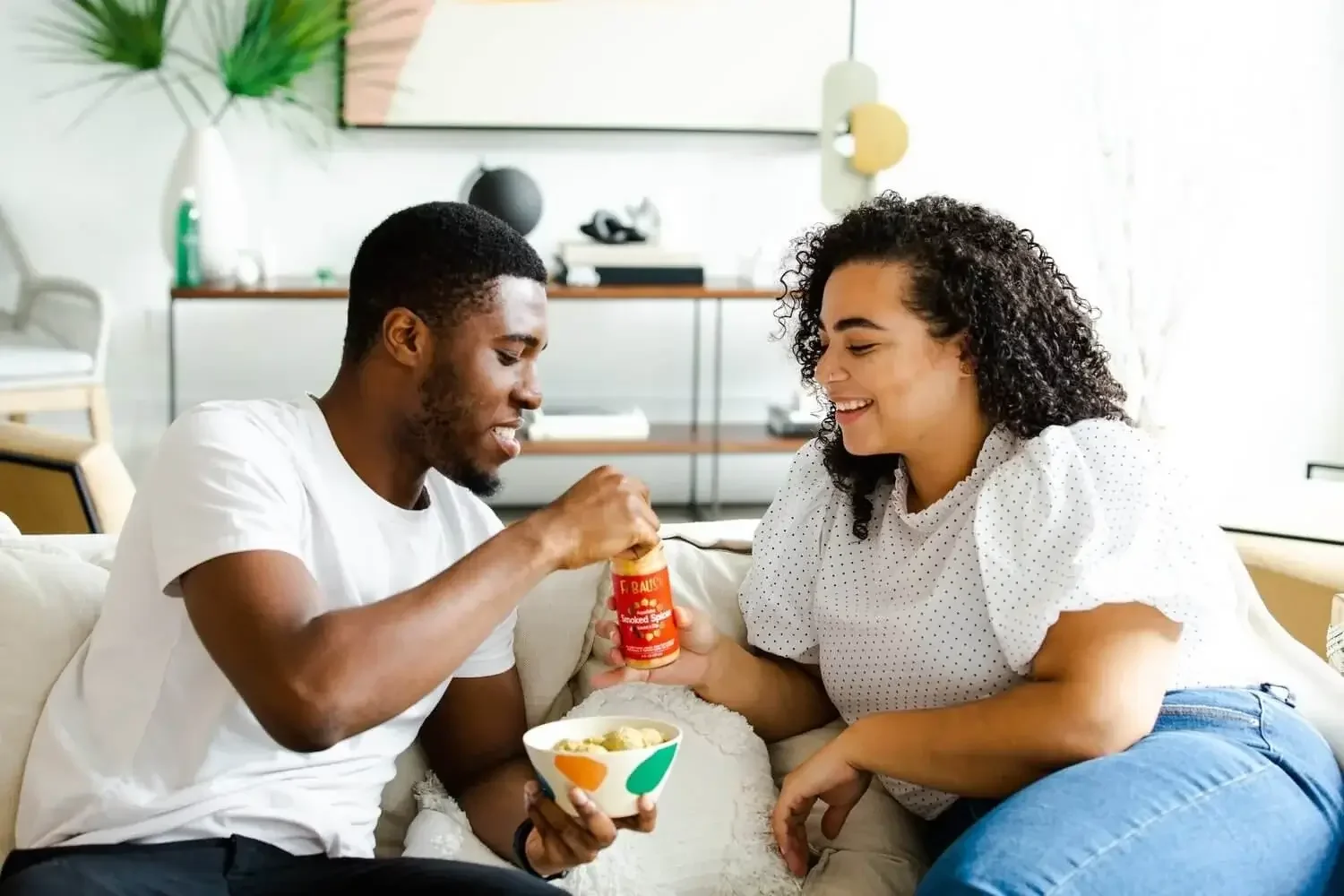Dating Someone with an Eating Disorder: What You Should Know
Dating someone with an eating disorder can bring unique challenges—but it can also deepen your understanding of compassion, patience, and emotional connection. Whether your partner struggles with restrictive eating, binge eating, or disordered thoughts about food and body image, understanding their experience is key to building a supportive relationship.
Warning Signs Your Partner Struggles with Disordered Eating
Partners may notice certain behaviors or patterns that indicate the eating disorder is affecting the relationship. These can include:
Anxiety or stress around meals or social eating.
Secretive eating or hiding food.
Withdrawal from social activities or intimacy.
Extreme focus on weight, body shape, or appearance.
Recognizing these signs early can help you approach your partner with care and understanding.
Tips to Support Your Partner Through an Eating Disorder
1. Learn About Eating Disorders
Eating disorders are not just about food, they are complex mental health conditions rooted in emotional pain, perfectionism, anxiety, and often trauma. Take time to learn about the specific eating disorder your partner is facing. Some common types include:
Anorexia Nervosa: Characterized by restricting food intake, extreme concern with body weight or shape, and intense fear of gaining weight. People with anorexia may also over-exercise or engage in other behaviors to control their weight.
Bulimia Nervosa: Involves cycles of binge eating followed by compensatory behaviors such as vomiting, excessive exercise, or laxative use. Many people with bulimia maintain a relatively normal weight, making the disorder less visible.
Binge Eating Disorder (BED): Involves recurrent episodes of eating large amounts of food with a feeling of loss of control. Unlike bulimia, there are typically no purging behaviors. BED can lead to feelings of guilt, shame, and distress.
Other Specified Feeding or Eating Disorders (OSFED): This category includes eating disorders that don’t fit neatly into the above types but still cause significant distress and impact daily life. Examples include atypical anorexia, night eating syndrome, and purging disorder.
2. Avoid Commenting on Food or Body
Even well-intentioned comments like “You look healthy” or “You should eat more” can feel triggering. Focus instead on emotional check-ins—ask how they’re feeling or what support they need. Compliments about personality, effort, or inner strength go much further than those about appearance.
3. Encourage Professional Support
While you can be a safe and caring partner, it’s not your job to “fix” their relationship with food. Encourage them to seek therapy with an eating disorder specialist who understands the complexity of recovery. Recovery often requires professional support from a therapist, nutritionist, and sometimes a physician.
4. Practice Patience and Boundaries
Healing takes time. Your partner might have good days and hard ones. Be patient with their process, but also set boundaries for yourself. It’s okay to prioritize your emotional health too—supporting someone in recovery works best when you’re grounded and supported as well.
5. Self-Care for Partners
Supporting someone with an eating disorder can be emotionally demanding. Prioritize your own mental health:
Set boundaries for difficult conversations.
Consider your own therapy or support groups.
Maintain hobbies, friendships, and routines independent of your partner.
Taking care of yourself ensures you can support your partner without losing your own well-being.
6. When to Seek Professional Help Together
Sometimes couples or relationship counseling can help both partners navigate challenges and improve communication. A therapist can provide tools for:
Discussing food and body image without judgment.
Managing emotional triggers in the relationship.
Setting healthy boundaries while fostering connection.
Eating Disorder Counseling in Houston
Dating someone with an eating disorder requires empathy, understanding, and open communication. With awareness and support, it’s possible to build a healthy, balanced, and loving relationship where both partners feel seen and valued.
If you or someone you love is struggling, professional help can make all the difference.
At YM Counseling Services, we specialize in eating disorder therapy, disordered eating counseling, and relationship support for those impacted by eating disorders. You don’t have to navigate this alone. Help is available.
